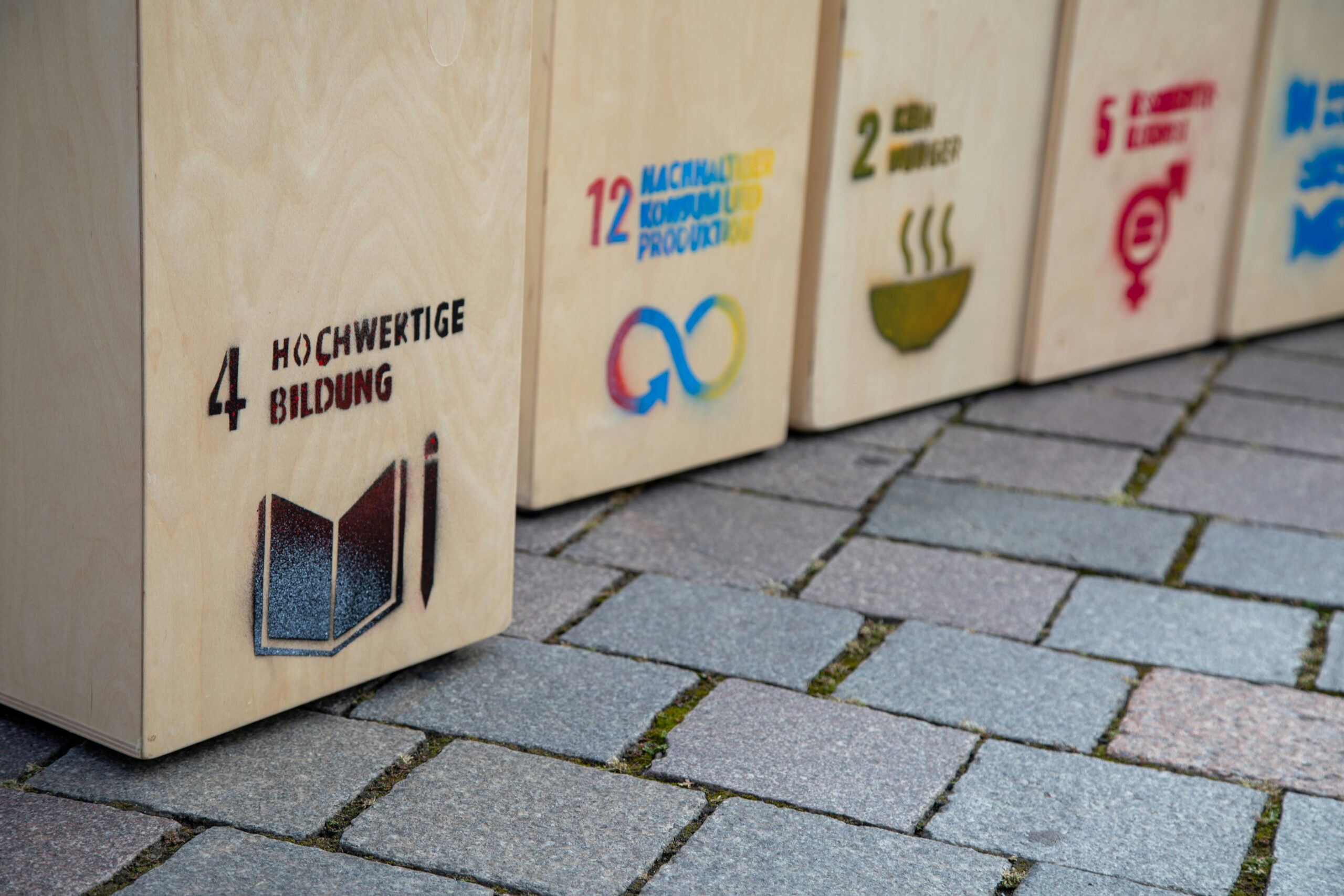
In order to comply with the 2030 Agenda for Sustainable Developmentall the Sustainable Development Goals (SDGs) must receive adequate and balanced funding. A study, in which researchers from Université Libre de Bruxelles, Université Catholique de Louvain, KTH Royal Institute of Technology, KTH Climate Action Centre and Universitat Politècnica de València participated, as well as the professor of the University of Alicante Javier Garcíadirector of the Rafael del Pino Foundation Chair in Science and Societyapplies artificial intelligence to analyse research proposals accepted by the European Union, by the European Research Council (ERC)and in the United States, by the National Science Foundation (NSF).
The paper uncovers critical disparities coverage of the SDGs, as priority is given to SDG 9 (Industry, Innovation and Infrastructure) in the midst of escalating global crises such as climate change, biodiversity loss, political instability and security threats. "In answering the question 'What is the problem we want to solve?'In addition, research investments shape mission-oriented policies," say the researchers.
Researchers highlight the advanced AI capability to process unstructured data at scale and argue that it helps identify financing trends and systemic imbalances in the SDGs. AI methods, in particular natural language processing (NLP), they add, can overcome some bottlenecks and, when tested in policy documents, climate research and social networks, can generate operational tools for policy design and planning.
Inadequate or unbalanced financing between the Sustainable Development Goals (SDGs) creates gaps in tackling global challenges. Where funds are allocated to popular goals, such as health (SDG 3), less visible but equally important goals, such as water security (SDG 6) and reducing inequality (SDG 10), are underfunded, limiting their progress.
Download the full document here: Artificial intelligence reveals unbalanced sustainability domains in funded research - ScienceDirect


